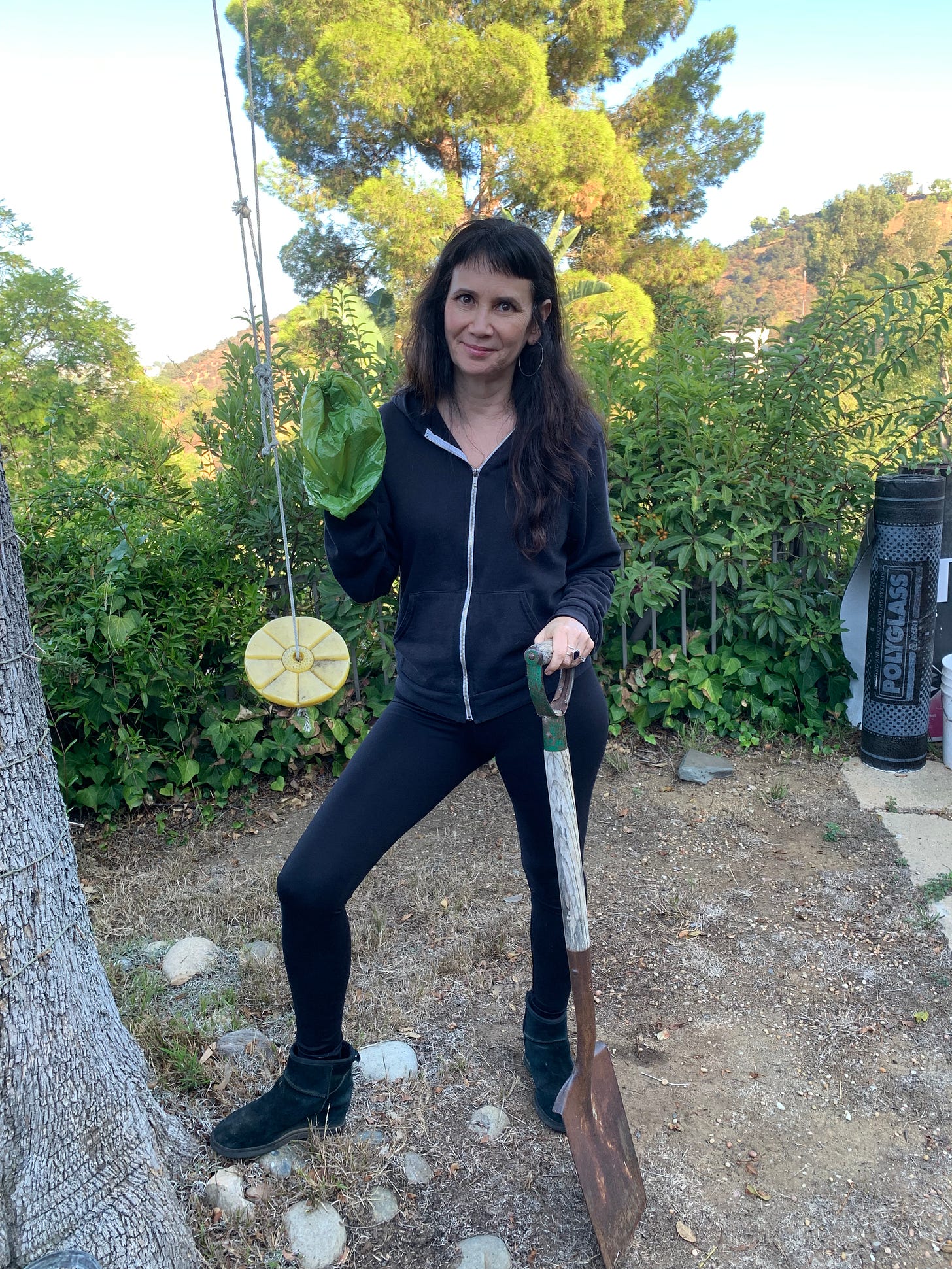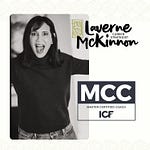Procrastination is a hard habit to break. You may think it’s because you lack discipline, but it's not as simple as that. Some truths about procrastination that you may not know:
Procrastination does not mean that you’re lazy or can’t focus.
Everyone procrastinates at some point, but not everyone is a procrastinator.
Studies have shown that 1 in 5 adults worldwide procrastinate.
The biggest misconception people have about procrastination is that it’s caused by poor time management skills. While this may be true to a certain degree, it doesn’t represent the full picture. According to Dr. Tim Pychyl at Carleton University, “Procrastination is an emotion regulation problem.”
Procrastinators are avoiding the feelings that a task brings up, not the task itself.
So, in order to complete your task, you need to learn to cope with the emotions associated with the task. Not get better at setting your clock, yelling at yourself to get going, or grinding away.
First Step: What’s the Feeling Associated with Task?
Identify a task that you’ve been avoiding. For me, I hate to write the first draft of my blog. I hate it so much I volunteer to do “poop patrol” in our yard and happily fold all of the laundry.
Ask yourself what feeling arises with the task? Don’t ask yourself why you’re avoiding the task. For example, if I asked myself why I avoid writing a first draft, I would say I don’t have enough time or that I don’t have a good enough idea. This information doesn’t actually move the needle forward - believe me, I’ve tried calendaring time to write and using the Pomodoro method for ideation.
When I focus on the emotion that comes with writing a first draft, I notice disgust with the task of writing. Don’t judge any emotions that come up. They truly are the key to unlocking procrastination.
Now get curious about the emotion. One way I do this is by journaling about what the emotion is “saying” to me. When I wrote from the perspective of disgust, it said, “Your first drafts are sh*tty. They’re not even close to being perfect.”
This helped me to understand that I hate first drafts because they are, by nature, not perfect. This is ironic because the word “first” implies there will be more drafts, which will lead to being less imperfect. The word “draft” literally means “an early version of written work.”
As a recovering perfectionist, the sight of imperfection on the page forces me to face the truth that I am imperfect.
Second Step: Why Do Something That Doesn’t Make You Feel Good?
The reason anyone does anything that doesn’t feel good is because they believe the outcome will be greater than the immediacy of the discomfort. Consider athletes who train hard in order to win a game. Or working a crappy job to save money for college. Or sweating in the kitchen to make a delicious meal. You tolerate the discomfort in the immediate situation because there’s a reward at the end.
The reason I tolerate first drafts is that I have a greater vision and purpose than just posting on Substack, hoping someone will subscribe. My purpose in life is to help people cross their finish line. Writing my blog is a way for me to teach people emotional intelligence skills, practical tools to move forward in their careers and how to rebuild resiliency after a setback. The fulfillment of achieving that goal far outweighs the discomfort of not being perfect —- especially when I hear success stories from readers, listeners, students and clients.
So, after you identify the emotion associated with the task, the second step is to ask yourself how completing this task will honor your values, life purpose and bigger goals. If the task doesn’t do this, then perhaps it doesn’t warrant your time and energy.
Third Step: Use the Power of “And”
The final step after you’ve determined if the task is truly worth your commitment is to do the task.
And you do the task by using the power of “and.”
I’m disgusted AND I’m committed to helping people.
I hate being imperfect AND I value process over product.
I’m a perfectionist AND I’ll be writing several drafts to make it better.
Don’t wait until you feel better or confident. Recognize that you can hold two truths at the same time. You can feel a negative emotion and still honor your values, purpose and goals.
Case Study
My client Bill is looking for a new job. Our initial sessions focused on identifying Bill’s values, life purpose, skills and talents. We discussed extensively what helps him thrive, his interests and his passions. We identified jobs and industries that he was curious and excited about. After conducting informational interviews and further research, Bill focused on moving into a sales role within the hospitality industry.
If you’re resonating with what you’re reading, please consider becoming a paid subscriber. What’s that mean?
You’ll receive weekly blogs with tools and resources to help you reconnect with your resilience after experiencing a professional loss or failure so you come back even stronger in your career.
These newsletters are available to read, listen or watch — I’m a big believer in accessibility for all. You can also listen on Apple Podcasts or Spotify. You can also watch on YouTube.
Be in conversation with me and a beautiful, supportive community through comments, threads and chats.
Access to the full archive of posts.
Early bird 20% premium discount for in-person workshops and retreats.
Listen to this episode with a 7-day free trial
Subscribe to Career Strategy with Laverne McKinnon to listen to this post and get 7 days of free access to the full post archives.













